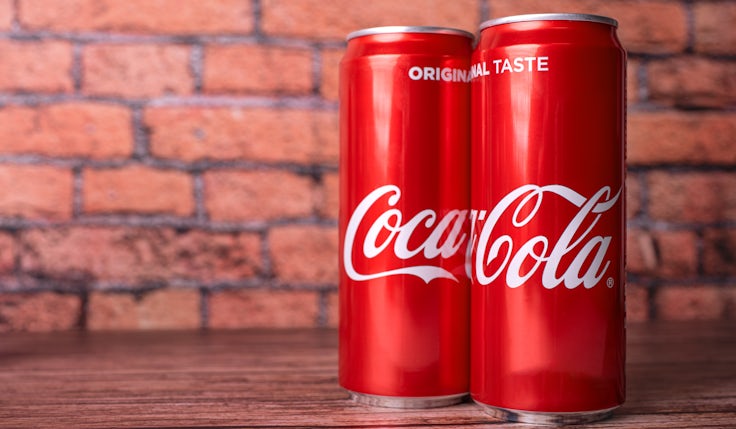Lego brand director: Purpose drives pricing power
Inclusive marketing drives meaningfulness and differentiation for Lego, says brand boss Carolina Teixeira, measures closely linked to price inelasticity.
 Lego’s position as a premium brand is bolstered by its purpose and inclusivity, says director of brand marketing, Carolina Teixeira.
Lego’s position as a premium brand is bolstered by its purpose and inclusivity, says director of brand marketing, Carolina Teixeira.
The business tracks meaningfulness and differentiation as some of its key brand measures, with inclusion and purpose boosting both these measures.
“Purpose and inclusivity are key drivers of meaningfulness and difference, which are key drivers of price inelasticity,” said Teixeira during a panel at Creative Equals’ RISE 2024 event today (24 April).
As a premium toy brand having those principles at Lego’s core is essential, she stated. Teixeira explained Lego believes in “play as a birthright”, meaning the brand seeks to connect with all children. She described this inclusive approach as a “win win”, which is good for the business and inclusivity.
Lego at 90: Inside the brand’s mission to prioritise play
Also on the panel was Becky Verano, Reckitt’s vice-president for marketing operations and capabilities. Describing the business as “unashamedly commercially driven”, she recognised the key role diversity and inclusion has to play. It isn’t just being inclusive to “tick boxes”, but to drive business results, Verano added.
Completing the panel was Chelsea Football Club’s chief financial officer Adriel Lares. For Lares, the return on investment of inclusion is obvious. While the club has lots of fans in London, it is increasingly speaking to football fans across the global. In order for that message to resonate, it must be inclusive.
Lares advised marketers to think of their CFO as being “curious” rather than “sceptical” when it comes to marketing, whether that’s when they’re making the case for investment in inclusivity or otherwise.
Overcoming barriers to inclusivity
Reckitt claims to be a business pairing inclusivity with creativity. The company won six Cannes Lions last year for its work, all of which included an aspect of inclusivity, Verano noted.
Clothing cleaning brand Vanish picked up three Lions for its advertising focused on broadening the public’s understanding of autism.
Each of the business’s brands have different roles they can play on inclusivity, she said. For example, Vanish zoned in on the idea that familiar and consistent clothing can help autistic people with sensory regulation, while condom brand Durex focuses on LGBTQ+ representation.
Verano also gave the example of painkiller brand Nurofen, which is addressing the gender pain gap through its advertising. She admitted changing advertising in this way takes bravery from a brand team previously used to focusing on product.
While there are still barriers to inclusivity in advertising, Verano made the case that technology is helping to overcome many of these. For example, virtual production studios have allowed the business to be a lot more “agile” in its advertising. Where previously it might have had to tweak inclusive advertising for “idiosyncrasies” in particular markets, it can now create different versions of an ad more easily.
Lego also takes care not to have a one size fits all approach to inclusive marketing, explained Teixeira. Instead the brand creates a framework focused on “universal” principles like respect and then allows particular markets to “fill in the boxes”.







